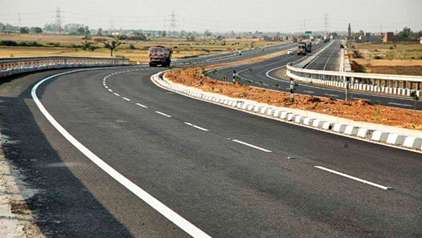PMO’s office suggested two key factors to the National Highways Authority of India (NHAI) which were NHAI should discontinue constructing roads and encourage the private sector to take over the running of completed projects.
In a letter dated August 17, Nripendra Misra, Principal Secretary to the Prime Minister, wrote to Sanjeev Ranjan, Secretary, Ministry of Road Transport and Highways, collating suggestions to improve the operational performance of NHAI. The letter said the NHAI was “totally log jammed by an unplanned and excessive expansion of roads and it is mandated to pay much higher costs for land acquisition and construction.”
The letter admitted that the road infrastructure has become financially unviable; private investors and construction companies are withdrawing from greenfield projects.
It also said the hybrid annuity model, where the government and the private developer share the costs of setting up new roads, has become unsustainable.
To solve this, the PMO has suggested that NHAI aggressively monetise its existing assets – either through the toll-operate-transfer model, where long-term concessions for collecting toll revenues are auctioned to the highest bidder, or through an infrastructure investment trust (InvIT). InvITs are trusts that manage income-generating infrastructure assets, typically offering investors regular yield and a liquid method of investing in infrastructure projects.
The PMO has also suggested that the NHAI can consider becoming a road asset management company and can create a blueprint for the national highway grid to see which roads need to built by 2030. To make projects commercially viable, the PMO has suggested that NHAI should take a critical look at reasons for financial unsustainability and the government can provie viability gap funding if required.
Once this is done, the project can then be bid out on a build-operate-transfer basis, where a private developer invests to build the road and the NHAI can reduce the demands on its balance sheet. Eventually then, the NHAI can altogether stop constructing roads.
These suggestions fly in the face of the Modi government’s announcements this year to ramp up road construction. The government has committed to infrastructure spending of Rs 100 lakh crores over its five-year term. The NHAI is expected to respond with its views soon.
Source: Live Mint
Image Source: DNA India

